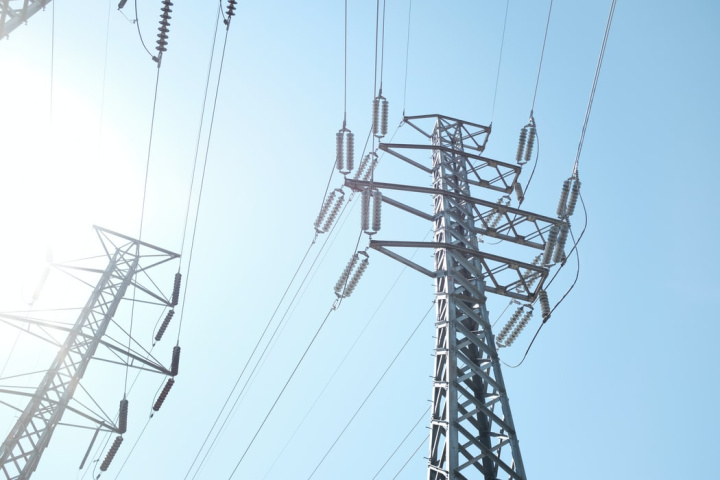
Taipei, Sept. 22 (CNA) The Ministry of Economic Affairs unveiled on Wednesday a draft energy conservation strategic plan which aims to reduce electricity use in Taiwan by 35.13 billion kilowatt-hours (kWh) by 2030.
The draft plan devised by the ministry's Bureau of Energy comprises a slew of energy-saving strategies and measures covering industry, commerce, housing, transportation tools, and technology research and development.
The electricity saving target by 2030 under the plan is 35.13 billion kWh, of which industry users are expected to be responsible for nearly 50 percent of the reduction, while commercial and residential electricity saving will account for the remainder, according to the bureau.
The bureau said that in terms of industrial energy conservation, a major focus will be on the efficiency management of electric motors that consume the most power as well as promoting the energy efficiency of industrial air-conditioning and air compressor systems.
Regarding residential energy-saving measures, Taiwan is set to raise the energy-saving MEPS (minimum energy performance standards) for air conditioners and refrigerators to Level 3 by 2030, the most stringent in the world.
Meanwhile, the government will provide incentives to encourage the use of high-energy efficiency products and equipment and evaluate the continuation of offering tax credits for purchases of energy-saving home appliances.
In addition, the government plans to have general low-voltage power users such as retail stores, restaurants, and households install smart electricity meters, aiming for 6 million units by 2030, according to the bureau.
The commercial energy-saving measures include replacing old fluorescent lighting with more energy efficient LED lighting, promoting the use of more energy-efficient appliances including air conditioners and refrigeration equipment, and improving the energy efficiency of commercial air-conditioning systems.
The plan is part of a roadmap for Taiwan's path to net-zero emissions by 2050 published by the National Development Council.